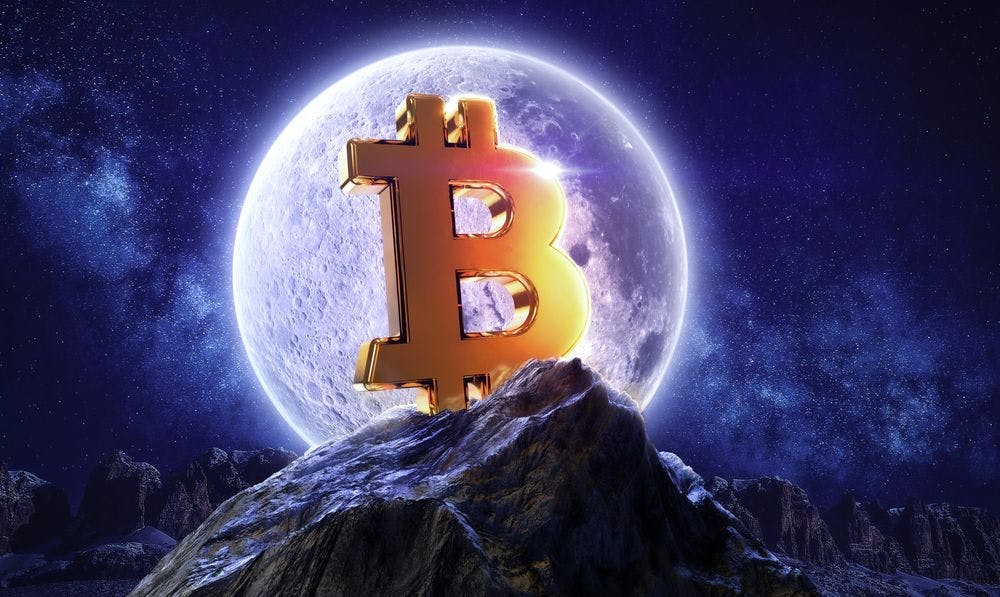167 reads
How Bitcoin Better Preserves its Value Compared to Other Cryptocurrencies
by
June 9th, 2021

A 20th Gen, New Agency focussed on independent blockchain journalism and a FOMO, FUD free media network.
About Author
A 20th Gen, New Agency focussed on independent blockchain journalism and a FOMO, FUD free media network.
